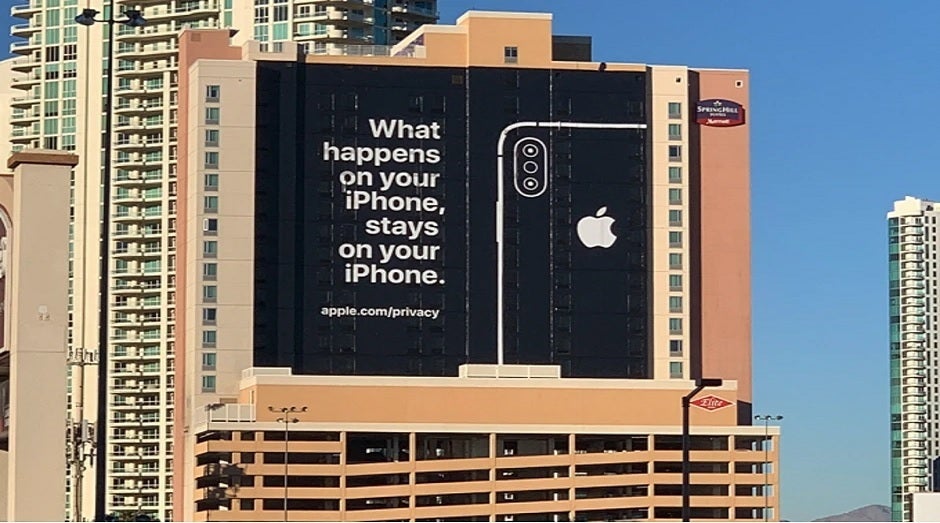Apple, Google fined $11 million by Italy for commercial use of personal data

Italy's Competition and Market Authority, claiming that both Apple and Google violated the country's consumer code, fined Apple and Google a total of 10 million euros ($11.2 million). According to AppleInsider, in a translated statement the regulatory agency said, "The Antitrust Authority has ascertained for each company two violations of the Consumer Code, one for informative deficiencies and another for aggressive practices related to the acquisition and use of consumer data for commercial purposes."
Apple is accused of not telling the truth about data used to create an Apple ID
The Authority stated, "Google bases its economic activity on offering a wide range of products and services connected to the Internet... also based on user profiling and carried out thanks to their data. Apple collects, profiles and uses user data for commercial purposes through the use of its devices and services. Therefore, even without proceeding with any transfer of data to third parties," it concludes, "Apple directly exploits its economic value through a promotional activity to increase the sale of its products and/or those of third parties through its App Store, iTunes Store and Apple Books commercial platforms."

Over the last few years Apple has been telling consumers how the iPhone promotes their privacy
Apple, which has been heavily promoting the privacy that iPhone users enjoy, is under fire for not telling users that when they create an Apple ID, Apple uses the information for commercial purposes. Instead, Apple says that creating the ID helps to personalize and improve their experiences.
In a statement, Google told The Verge, "We give people simple controls to manage their information and limit the use of personal data, and we work hard to be fully compliant with the consumer protection rules."
While it seems that Italy would have preferred to have fined Apple and Google even more, the $11.2 million is the maximum amount of the fine allowed by Italy's consumer laws. Last year Apple had to pay Italy 10 million euros for making incomplete claims about the water resistance of specific iPhone models. Apple's first violation saw it making claims about the water resistance of an iPhone unit based on ideal laboratory conditions.
According to the Italian agency, outside of the lab and in real-life, the iPhone units being tested failed to hold their water resistance to the depth and time promoted by Apple. In other words, Apple marketed its phones as being able to withstand submersion to depths between 1 and 4 meters (3.37 inches to 13.12 inches) depending on the model, for up to 30 minutes. But the Italian Competition and Market Authority said that Apple never told consumers that those results were only achieved under laboratory conditions.
The tests used by Apple used static and pure water compared to real life where the water that an iPhone might find itself in could be agitated and salty. The second part of the complaint is a charge against Apple that many U.S. iPhone buyers complain about. The Italian Competition and Market Authority said that Apple shouldn't be allowed to promote the iPhone's water-resistance to sell the device, but deny warranty claims about water damage.
Apple and Amazon were fined $230 million by Italian anti-trust regulators just days ago
Even though the iPhone's warranty states, "The guarantee does not cover damage caused by liquids," the Italian agency said that most consumers would be deceived by the statement since Apple does not make it clear what kind of guarantee is being discussed. Apple also doesn't discuss the limitations and conditions of the water-resistance that Apple uses to protect the iPhone.
Besides having to pay a 10 million euro fine, Apple was forced to publish a notice on its Italian website containing a 'Consumer protection information' link. At the time, we said that Apple could face similar claims lodged against it by other countries in the EU.
Just a few days ago, Apple and Amazon were fined $230 million by Italy's antitrust regulator L'Autorit Garante della Concorrenza e del Mercato (AGCM). The company's were accused of working together as a team to prevent Apple's competitors from dropping the prices of their products that compete against Apple and Beats wearables. Amazon and Apple say that they plan on appealing the decision.










Things that are NOT allowed: